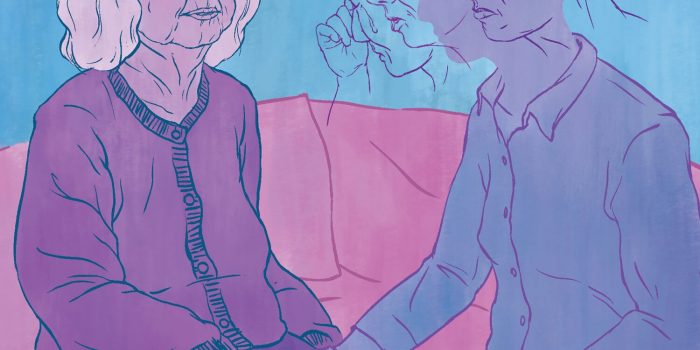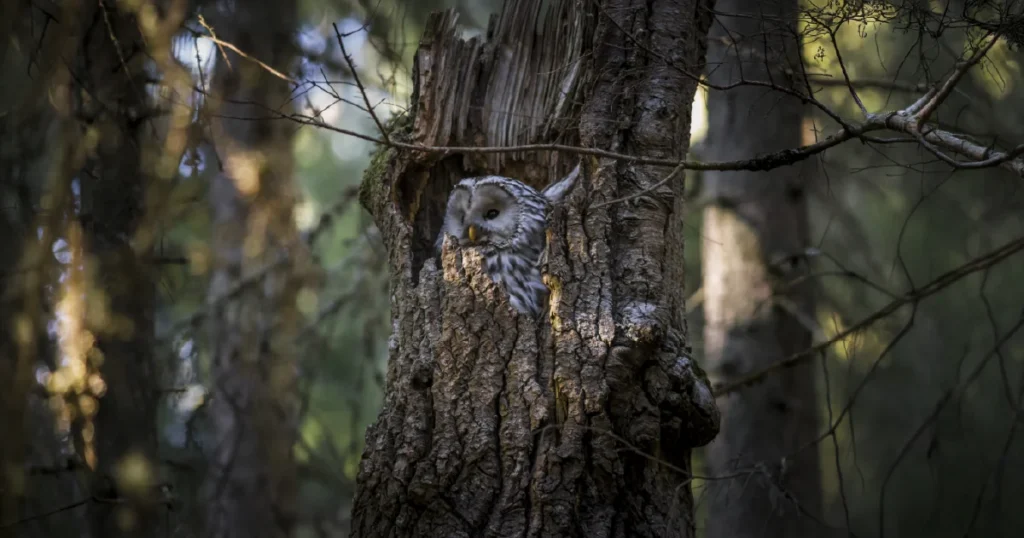People with dementia often forget even close family members as the disease advances. “It can throw people into an existential crisis,” one expert said.
It happened more than a decade ago, but the moment remains with her.
Sara Stewart was talking at the dining room table with her mother, Barbara Cole, 86, in Bar Harbor, Maine. Ms. Stewart, then 59, a lawyer, was making one of her extended visits from out of state.
Two or three years earlier, Ms. Cole had begun showing troubling signs of dementia, probably from a series of small strokes. “I didn’t want to yank her out of her home,” Ms. Stewart said.
So with a squadron of helpers — a housekeeper, regular family visitors, a watchful neighbor and a meal-delivery service — Ms. Cole remained in the house she and her late husband had built 30-odd years earlier.
She was managing, and she usually seemed cheerful and chatty. But this conversation in 2014 took a different turn.
“She said to me: ‘Now, where is it we know each other from? Was it from school?’” her daughter and firstborn recalled. “I felt like I’d been kicked.”
Ms. Stewart remembers thinking that “in the natural course of things, you were supposed to die before me. But you were never supposed to forget who I am.” Later, alone, she wept.













